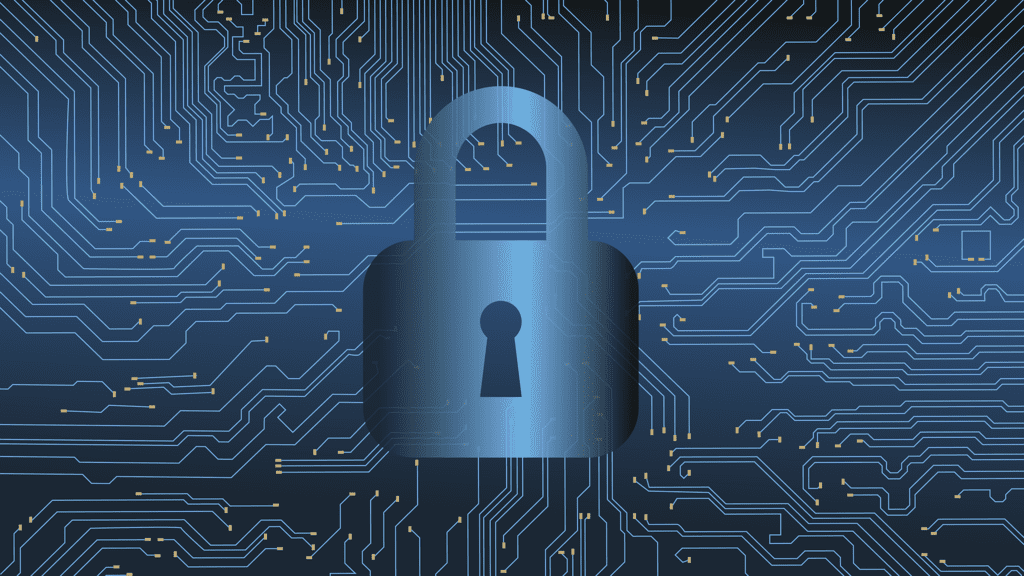Graduate law degree holders can also break into the IT world as cybersecurity lawyers. Cybersecurity lawyers work either as advisors or litigators.
Cybersecurity as a sector is a growing area in all aspects. From the high demand for cybersecurity professionals to cybersecurity lawyers, the demand excessively outstrips professional supply. With the increasing frequency and severity of cybersecurity crimes, the pressure to protect individuals and companies from these breaches cannot be ignored. Compliance with cybersecurity legislation also makes it important for businesses to engage cybersecurity lawyers. However, how can one become a cybersecurity lawyer? Read on!
Degree Programs for Cybersecurity Law
Enthusiasts can become cybersecurity lawyers by pursuing one of the four graduate degree options. They include the MLS, J.D, LL.M, and S.J.D. Compared to other degree options, LL.M is the most beneficial degree for students with aspirations of practicing cybersecurity law.
- Masters of Legal Studies
As the name suggests, MLS is a master’s degree that equips learners with law knowledge but concentrates on legal research, compliance, ethics, professional standards, and analysis. While graduating with an MLS does not allow one to practice law, you can leverage several private corporations, such as risk and compliance departments, that employ MLS graduates. You will work as a paralegal or legal assistant.
- Doctor of Jurisprudence
A J.D program provides enthusiastic cybersecurity law students with a wide understanding of the law. Unlike MLS, graduates are allowed to practice law after passing the state bar examination and acquiring a law license. Being the minimum requirement for practicing law, the J.D curriculum often doesn’t include specific cybersecurity law programs.
- Masters of Laws
LL.M is an internationally recognized post J.D law degree. From this, students should first complete the basic J.D degree program before enrolling for a masters’ of laws degree. LL.M focuses on specific areas of the law, thus provides students with the experience and expertise required to excel in their chosen areas. Specializing in the cybersecurity option provides J.D graduates an extended understanding of legal and technical structures within the cybersecurity realm.
Graduates with a master’s of law in cybersecurity law and data privacy can practice law in cybersecurity and information privacy fields or any areas that handle confidential or high-value data.
- Doctor of Juridical Science
S.J.D is the highest cybersecurity law degree offered. This advanced law degree requires that students should have graduated from J.D and LL.M degrees. Most institutions require an LL.M degree before admission or a Ph.D. in a law degree. Similarly, you should have a graded orally defended dissertation and several published books or articles.
IT Courses for Cybersecurity Lawyers
You cannot qualify as a cybersecurity lawyer without some IT knowledge. However, this doesn’t mean that you should major in cybersecurity, information technology, or computer science. Even with a masters of law degree, you should take a minimum networking or cybersecurity course. Such courses will help you to understand networks from an IT professional’s point of view.

With an IT course, you should also strive to gain some IT training. Getting hands-on experience through training is important. Even though you might never need to configure routers, you should have a basic understanding of how the router functions. Most IT training courses are expensive and require significant time commitments. Therefore, you should have an unwavering commitment to honing your cybersecurity skills as a lawyer.
For example, SANS training costs approximately $4000 for 40 hours training period. Nonetheless, you can search around to find affordable IT training opportunities within your locality. If there is no physical training available, you can opt for virtual training opportunities.
The last IT-related step is obtaining IT certifications. Like other professions, certifications demonstrate that you have basic knowledge of cybersecurity. Taking a certification course provides enthusiastic cybersecurity lawyers with conceptual frameworks of ways that IT experts mitigate vulnerabilities and manage cybersecurity risks.
Cybersecurity Lawyer Career Outlook
While it isn’t necessary to have LL.M in cybersecurity law, experts recommend that applicants have some basic knowledge and understanding of cybersecurity fundamentals. As such, an undergraduate course in information security is a prudent choice for enthusiastic cybersecurity lawyers. However, even with these basic requirements, how is the cybersecurity law career?
2019 projections by the U.S Bureau of Labor Statistics estimate a 12% growth in computer and information technology employment opportunities by 2028. Similarly, the global cybersecurity market will surge from $85.3 billion to more than $187 billion. Additionally, Cybersecurity Ventures predict a 3.5 billion increase in cybersecurity and related fields employment openings over the next few years.
Bottom Line
Lawyers and non-lawyers have equal opportunities in cyber law and other associated subjects. However, most of them often don’t know how to break into the cybersecurity world, with or without law and IT degree. Non-lawyers have open opportunities as legal assistants, paralegals, law researchers, and law librarians.
Graduate law degree holders can also break into the IT world as cybersecurity lawyers. Cybersecurity lawyers work either as advisors or litigators. This makes it one of the best career paths for those looking to complement their bachelor of law degree.


Join the conversation!